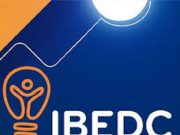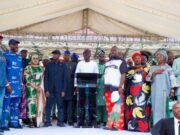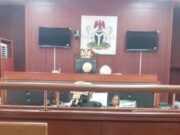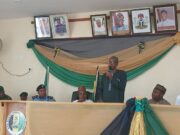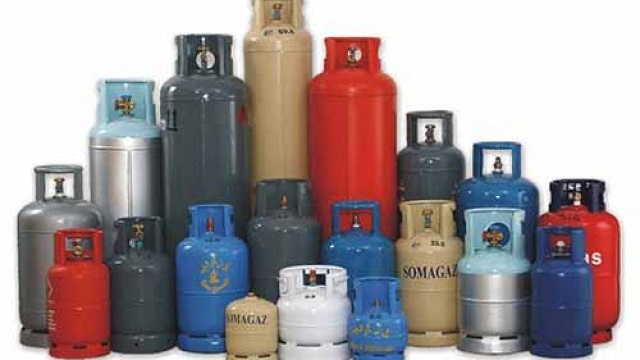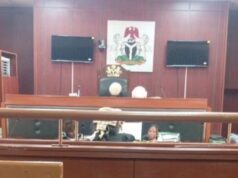The average retail price of Liquefied Petroleum Gas, popularly known as cooking gas, fell by 17.4 per cent month-on-month, dropping from ₦14,375 in July to ₦11,875 in August 2025, according to the latest report by the National Bureau of Statistics.
On a year-on-year basis, the price also dropped by 16.7 per cent, compared to ₦14,261.57 recorded in August 2024, the NBS data showed.
At filling stations and depots across major cities, the current price per kilogramme hovers between ₦950 and ₦1,020, depending on location, the report stated.
The drop follows a July report from the NBS, which indicated a slight decline in average cooking gas prices.
According to the LPG Price Watch, the average price for refilling a 5kg cylinder fell by 0.96 per cent from ₦8,323.95 in June to ₦8,243.79 in July.
However, on a year-on-year basis, the cost rose sharply by 37.98 per cent, from ₦5,974.55 in July 2024.
State-by-state analysis by the NBS showed that Adamawa (₦9,011.36), Rivers (₦9,005.00) and Taraba (₦8,945.43) recorded the highest prices, while Yobe (₦7,612.00), Niger (₦7,662.00) and Nasarawa (₦8,000.25) had the lowest. At the zonal level, the South-South recorded the highest average at ₦8,511.26, followed by the South-East (₦8,321.16), while the South-West had the lowest at ₦8,073.92.
For the 12.5kg cylinder, the NBS reported a 1.91 per cent month-on-month decrease, from ₦21,010.56 in June to ₦20,609.48 in July. Yet, year-on-year, the cost rose by 44.51 per cent, compared to ₦14,261.57 in July 2024. Adamawa again topped the list at ₦22,528.39, while Yobe recorded the lowest at ₦19,030.00.
Nigeria, Africa’s largest LPG consumer, has in recent years faced sharp fluctuations in cooking gas prices due to a mix of foreign exchange volatility, high transportation costs, and inadequate local supply, forcing marketers to depend heavily on imports.
Industry experts have repeatedly warned that despite Nigeria’s vast gas reserves, poor investment in processing and distribution infrastructure leaves households exposed to global price shocks.
The Federal Government had in 2021 launched the “Decade of Gas” initiative to promote LPG adoption, but rising costs in 2023 and early 2024 slowed its momentum, with many households reverting to firewood and charcoal.
The recent drop, however, offers some relief to households still grappling with high food inflation and other energy costs.
Credit: punchng.com



















